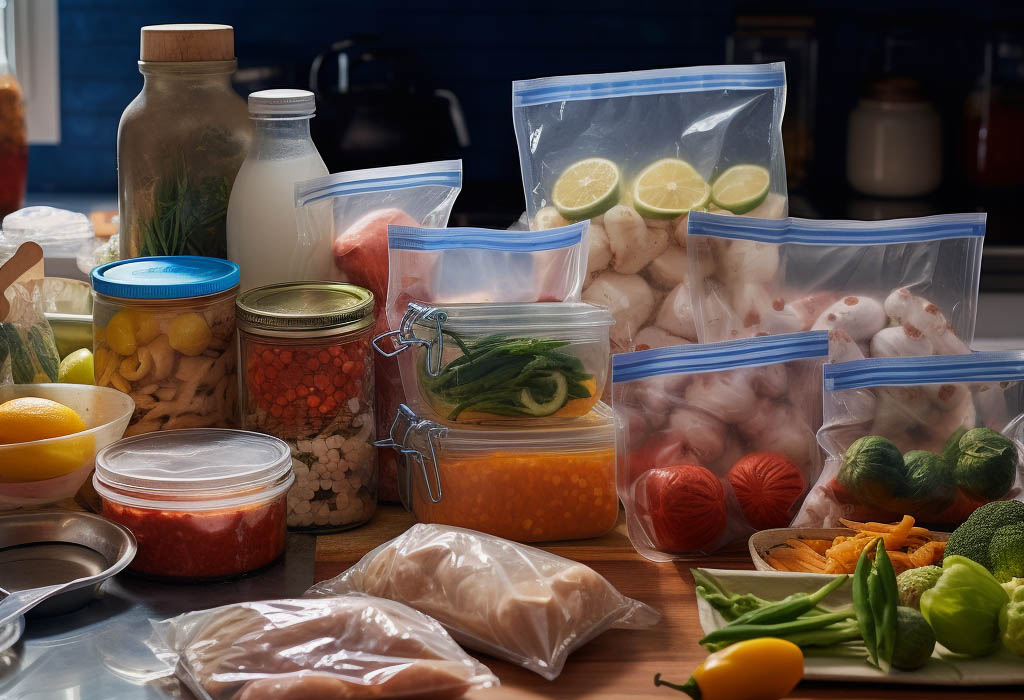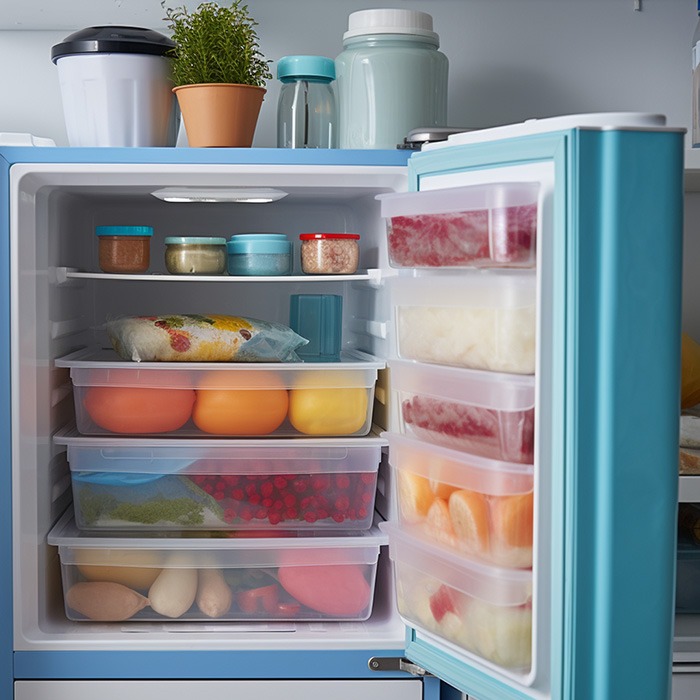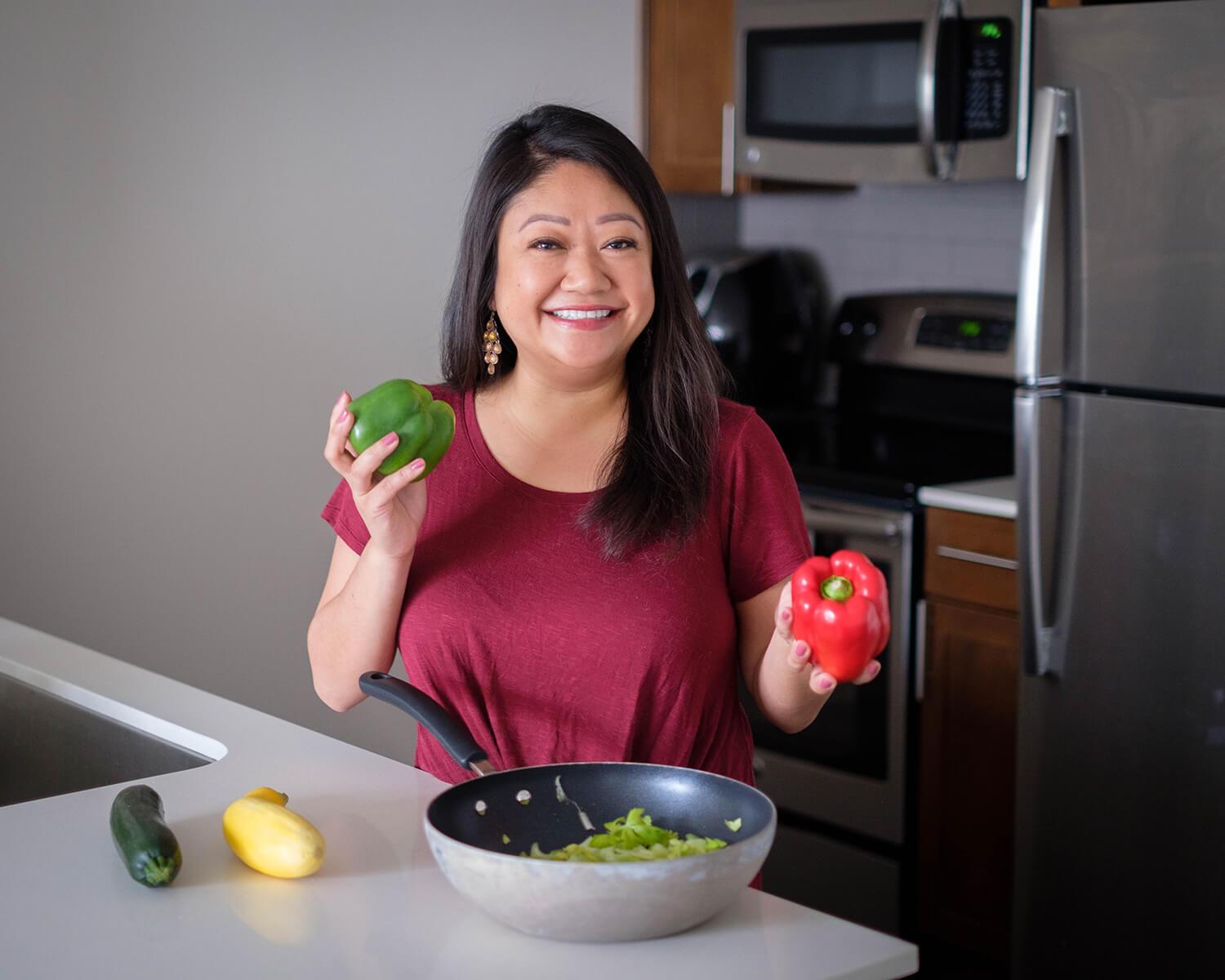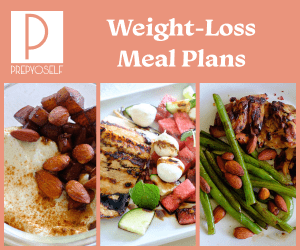
Knowing the tips for freezing meals is important when getting into meal prepping. Cooking meals in large batches and making food for the whole week could lead to a lot of freezing food. It’s a great way to make meals last longer for both food safety and quality. This is also very helpful for saving money as you’ll waste less money throwing old food out. Finding what works best for you and your meal preferences are key and these tips are to help get the best results. Take it easy at first to avoid throwing out a lot of meals a few months from now and this will help pick the right ingredients.
Finding The Freezer Space
You’ve probably bought or frozen your own fair share of meals already so you have a good understanding of how much you can fit in your freezer. This tip for freezing meals becomes especially important as you start cooking in larger amounts to meal prep through the weeks and months. It’s frustrating to realize that much of what you have cooked can’t fit and you’ll have to either eat it, give it away or throw it out. Before you start planning your meals, check your freezer space and remember to not absolutely fill your freezer as it’s not good for freezing food and it’s difficult to find your meals later. Stay organized and give yourself space to move stuff around.
Alongside making sure you have the space for all of your frozen food, make sure you have the right containers ready for the types of food you are making and will also fit in your freezer. Freezer bags are a great choice since they’re cheap, can be flattened if it’s soup, reheating is easy, and you can squeeze all of the air out more easily than in a rigid container. Air tight containers are also incredibly important. One to avoid freezer burn but also to avoid your foods taking on the flavors of the other foods in your freezer. It seems weird to think about but food will absorb the flavors of other foods nearby when they’re left for days or weeks.
Remember to label your frozen meals with a name and date. Frozen foods should typically be consumed within 3 months, depending on what it is. Labeling your food will avoid so many questions and potentially harmful meals down the road. It’s easy to forget what you made and when and it’s better to be prepared than questioning.
Reheating Foods
Never put hot food directly in your freezer for multiple reasons. Hot food can heat up the food around it in the freezer and this can lead to contamination or just a lower quality frozen meal. Portion out foods for faster cooling which can also help with freezing meal size portions which also makes reheating easier too.
Never take glass or Pyrex food containers directly from the freezer to the oven. The temperature difference can crack or shatter the glass. This is a great way to ruin the container, the meal and potentially your oven so take this tip for freezing meals to heart. Let the container sit out at room temperature or run lukewarm water over the container to warm it up at first. Thawing the food can also help retain the quality when reheating. Just like with cooking, if you have to melt the outside first, it’ll be burnt by the time you cook the insides. (Except with frozen soups, you can get away with a lot with frozen soups.)
When reheating foods, remember that you have to bring all foods back up to a safe internal temp.
Tips For Freezing Meals
Freezing foods can be tricky if you’re not helping yourself out with recipe choices. Some recipes simply do better frozen and reheated than others. Let’s start with what not to freeze.
Do Not Freeze – Food with a lot of moisture or have a texture that is important to the experience
- Yogurt: Yogurt has a lot of moisture and a creamy texture. Freezing yogurt will split it and create a very unpleasant experience.
- Watery produce: Think zucchini, cucumbers, oranges, herbs and raw tomatoes for good examples. These fruits and vegetables rely on the water that they contain to impart flavor and a desirable eating experience. Freezing these will break up the flesh, leak, overall ruin the dish.
- Leafy greens: Just like with produce, leafy greens have a lot of moisture so freezing them will dry them out as well as remove that freshness that is desired.
- Cheese: Cheese has a lot of moisture in it. You wouldn’t necessarily think so but dried out cheese is gross and flavorless. If you’ve even left a block of cheese in the fridge for too long you’ll know what this looks like and the freezer just does it quicker.
- Uncooked mushrooms & potatoes: If you’re going to meal prep with mushrooms and potatoes make sure to choose a recipe that uses cooked or dried mushrooms and potatoes. It’s better to do this in a controlled way as the freezer will just squeeze the juice out and leave the vegetables sitting in their own liquid.
- Previously frozen meals: avoid adding thawed chicken to a meal that will be frozen before it’s cooked. If you’re thoroughly cooking the entire dish it will be fine. Or keep them separate and add the cooked chicken at the end.
Tips for freezing foods you should freeze
- Proteins: Shredded proteins like pulled pork, shredded chicken or cut up steak all freeze well. The size is generally uniform, smaller and the texture that they have won’t be ruined in the freezer. Big pieces of protein won’t reheat as well and usually cost a lot of money so you’ll end up wasting the money and the food.
- Fruits and veggies: cook or dry your fruits and veggies before freezing. Also freeze these separately from the other parts of the meal. You want to preserve that subtle flavor and mixing it with other foods can just lead to every bite tasting the same. Also consider adding fresh fruits or veggies to a frozen meal for a better result.
- Carbohydrates: Many people freeze bread to make it last longer and dry carbs freeze very well. Try to avoid freezing pasta noodles in a soup or sauce as the pasta noodles will fall apart. If you know you’re freezing the meal you can also undercook your pasta before freezing so reheating finishes the cooking time.
- Sauces: Sauces can take a long time to make and are great for meal prepping since you can throw fresh veggies a protein into a sauce and have a delicious meal that takes less than 15 minutes. Sauces also don’t rely on texture and can be frozen in any container to fit the space you have in your freezer.
- Soups: Soups freeze very well. For similar reasons as the sauces. There are more textures in soups and certain ingredients will lose some rigidity and texture (like potatoes) but for the most part most soups reheat perfectly deliciously.
Recipes That Freeze Well
Try some of our recipes that freeze and reheat well for quick, nutritious and delicious meals throughout your busy week.
- Protein Options:
- Balsamic Baked Chicken
- Instant Pot Beef Ragu
- Instant Pot Pork Carnitas
- Insta Pot BBQ Chicken
- Meatloaf Patties



